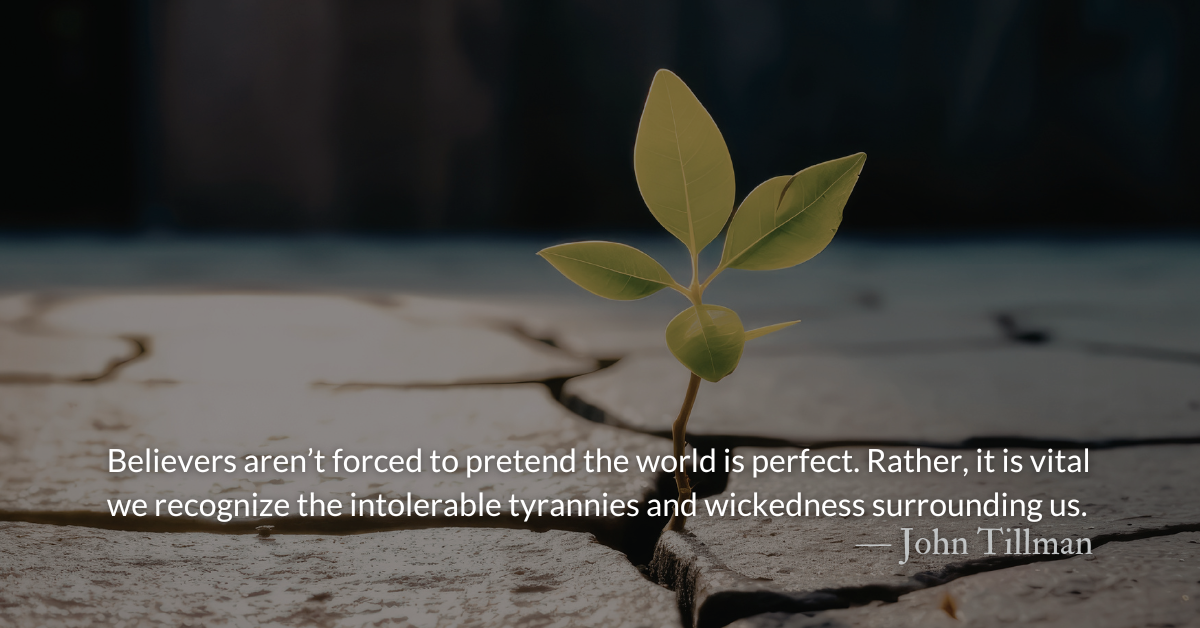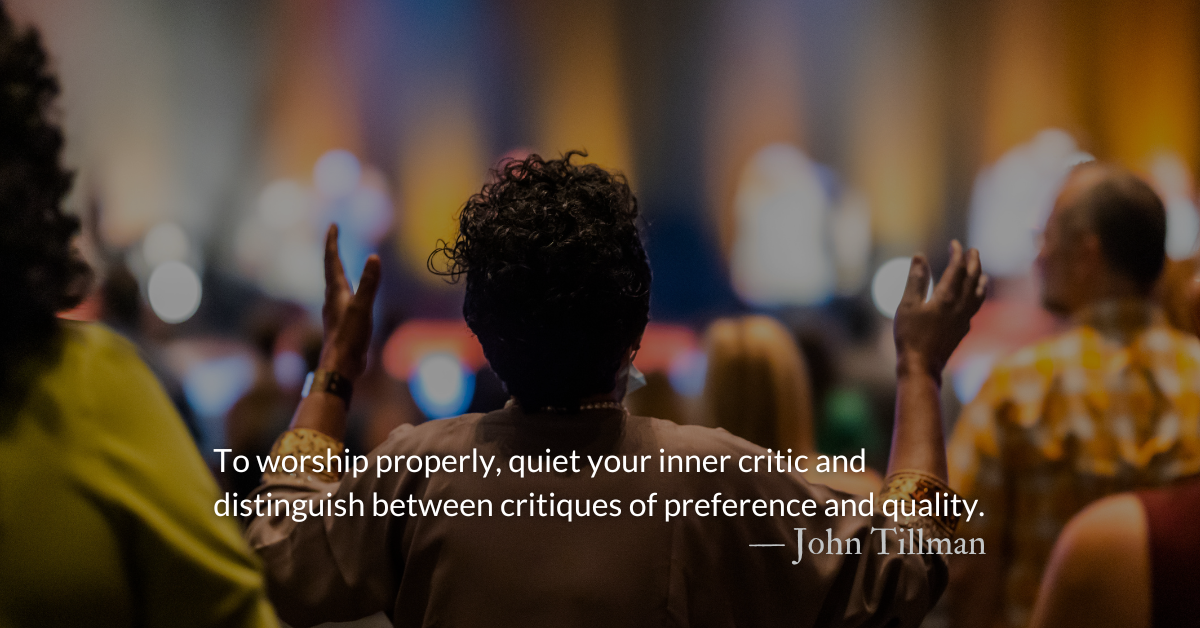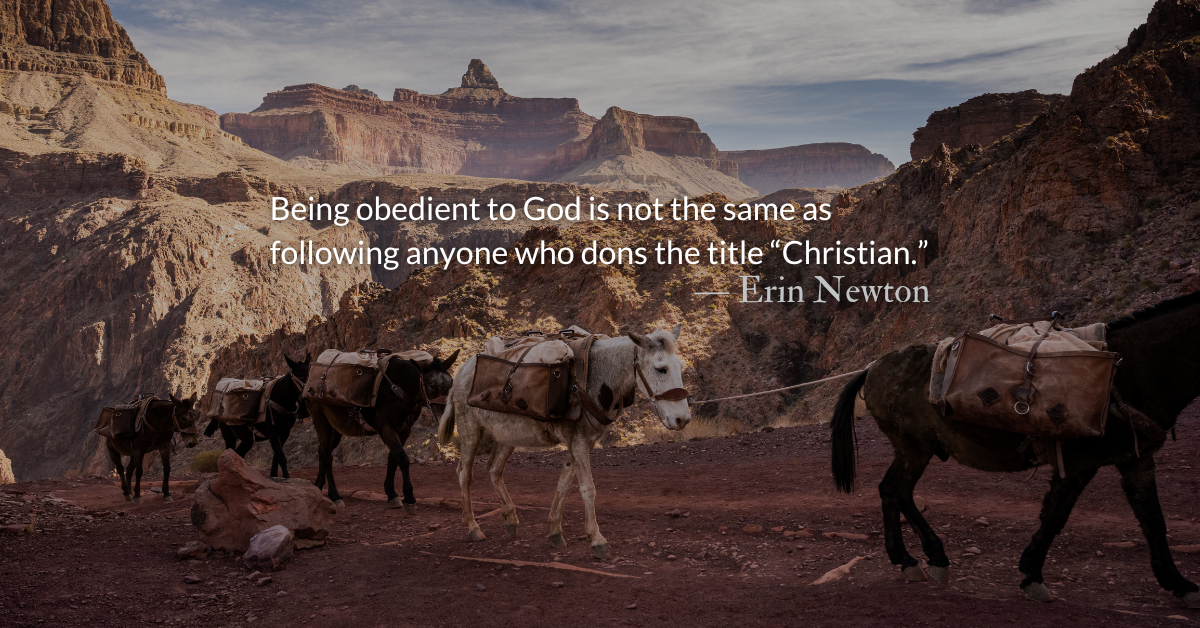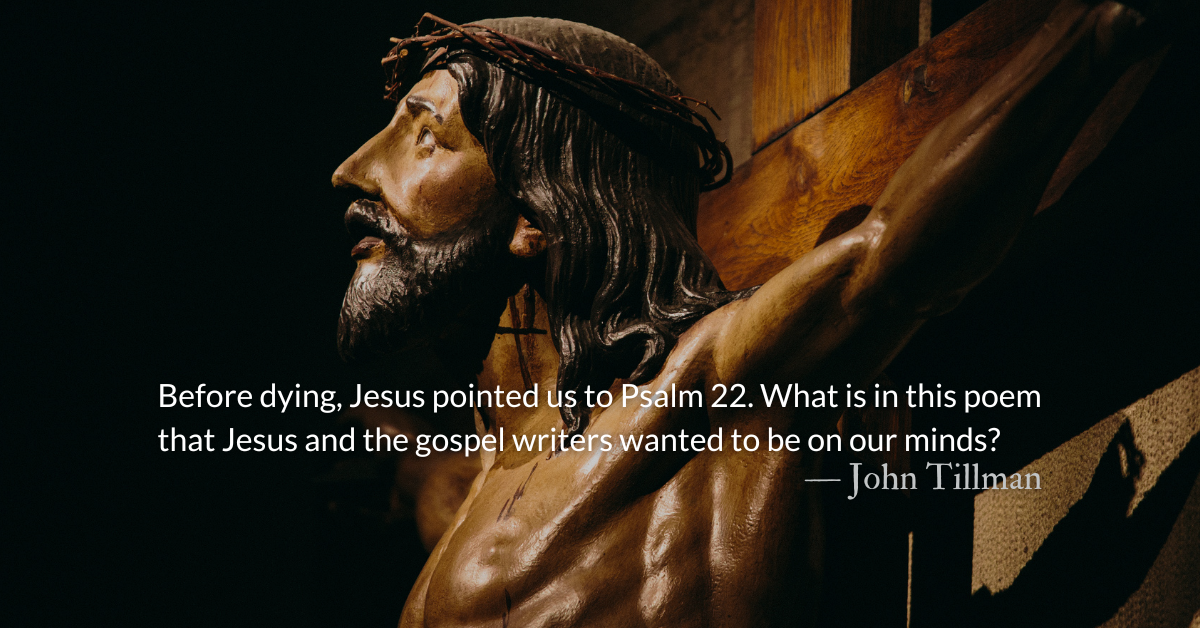Links for today’s readings:
Feb 13 Read: Proverbs 4 Listen: (2:37) Read: Psalm 34 Listen: (2:14)
Links for this weekend’s readings:
Feb 14 Read: Proverbs 5 Listen: (2:08) Read: Psalm 35 Listen: (3:21)
Feb 15 Read: Proverbs 6 Listen: (3:22) Read: Psalm 36 Listen: (1:29)
Scripture Focus: Psalm 34.19-22
19 The righteous person may have many troubles,
but the Lord delivers him from them all;
20 he protects all his bones,
not one of them will be broken.
21 Evil will slay the wicked;
the foes of the righteous will be condemned.
22 The Lord will rescue his servants;
no one who takes refuge in him will be condemned.
Reflection: Grounded, Gritty, and Glorious
By John Tillman
When struggling, rosy-sounding truisms sound insincere. We tend to dismiss people sharing them as those who’ve never faced what we face.
“Must be nice.”
“I don’t live in that kind of world.”
“You wouldn’t say that if you lived my life.”
Psalm 34 has rosy-sounding promises that we’d be tempted to dismiss as coming from some sheltered ivory tower poet. “Taste and see that the Lord is good,” (v. 8) doesn’t hit the same when your mouth is full of blood from life punching you in the face. “The Lord will deliver you from all your troubles” (v. 17) rings hollow when troubles surround us and deliverance seems impossible.
But this psalm doesn’t come from a privileged poet, philosopher, or professor who is disconnected from life’s realities. It also doesn’t come from a sinless saint, basking in the safety of a serene temple. It comes from David, the shepherd boy, turned vigilante, fugitive, criminal, and immigrant refugee. David’s true kingdom was corrupted by Saul and the kingdom sheltering him was wickedness and evil embodied. He wrote, “keep…your lips from telling lies,” (v. 13) yet was forced to feign madness and commit atrocities to preserve his life. (1 Samuel 21.10-15)
David doesn’t have dishonest, rose-colored glasses, filtering out blood, suffering, and struggle. He doesn’t just promise happy blessings or happy endings. David promises that the righteous will face afflictions, troubles, hardships, brokenheartedness, crushed spirits, and powerful enemies. Yet, while afflicted, David still rejoices.
David knew what it was like to be an outcast with zero good options. When David acknowledges evil, he’s been there and done that. When he talks about salvation and deliverance, he’s seen that and experienced it. Because of this, we can still listen to him.
Part of the power of twelve-step programs is listening to people who’ve been where you’ve been and done what you’ve done. Twelve-steppers don’t spin illusions about struggles. They don’t give false hopes, but honest support. Imagine David as the leader of a twelve-step program for sinners, sufferers, and outcasts. He’s grounded and gritty, yet glorifies God. He’s not innocent or perfect, yet praises his savior.
Thank God for the grounded, reality acknowledging truths found in scripture. Believers aren’t forced to pretend the world is perfect. Rather, it is vital we recognize the intolerable tyrannies and wickedness surrounding us.
Stuck between corrupt kingdoms, demonstrate and anticipate the better kingdom to come by exalting Jesus in the midst of affliction.
Divine Hours Prayer: The Refrain for the Morning Lessons
Help me, O Lord my God; save me for your mercy’s sake. — Psalm 109.25
– From The Divine Hours: Prayers for Springtime by Phyllis Tickle.
Read more: Wisdom Talking
We must grow in wisdom, constantly learning, ceaselessly examining our world, and courageously speaking.
Listen to: All That Has Breath
Let everything that has breath praise the one who surrendered his breath on the cross, yet lives and breathes again.






